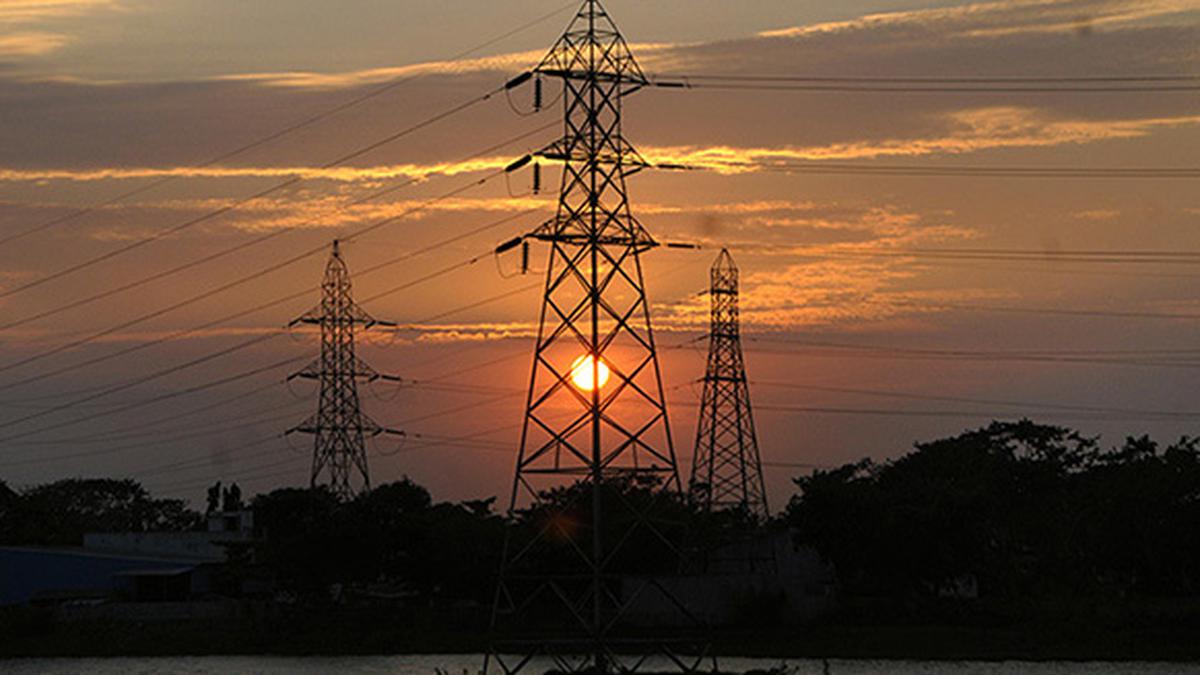


In the world of consumer finance, Buy Now, Pay Later (BNPL) has become a popular payment option for the promise of instant gratification without immediate financial strain. However, this convenience comes with potential risks for consumers. As the market becomes more saturated with easy access to credit, it is important to understand the advantages and drawbacks of BNPL in order to make informed financial decisions.
Buy Now, Pay Later (BNPL) and Consumer Finance: Convenience and Caution
Background
In the rapidly evolving landscape of consumer finance, Buy Now, Pay Later (BNPL) has emerged as a highly popular payment option. BNPL allows consumers to purchase goods or services immediately and spread the cost over multiple installments, typically without paying interest. This convenience has made BNPL a sought-after alternative to traditional credit cards, particularly among younger consumers and those with limited access to credit.
The Drawbacks: Potential Risks for Consumers
While BNPL offers undeniable convenience, it also comes with potential risks for consumers:
Top 5 FAQs and Answers
1. What is considered a BNPL transaction?
BNPL transactions involve the purchase of goods or services and the agreement to pay for them in installments over a specified period, typically within 3-6 months.
2. How do BNPL providers make money?
BNPL providers typically earn revenue from a combination of merchant fees, late charges, and interest charged on extended payment plans or loans.
3. What are the current trends in the BNPL industry?
The BNPL industry is experiencing rapid growth, with an increasing number of providers entering the market. BNPL is now offered by major retailers, e-commerce platforms, and financial institutions.
4. What are some concerns raised about BNPL?
Concerns about BNPL include the potential for predatory lending practices, the accumulation of short-term debt, and the impact on consumer credit scores.
5. What should consumers consider before using BNPL?
Consumers should carefully evaluate their financial situation, consider the total cost of BNPL purchases, and understand the potential risks and fees associated with BNPL services before making a decision.
Conclusion
Buy Now, Pay Later offers convenience and flexibility for consumers, but it is crucial to use it responsibly and with caution. Consumers should be aware of the potential risks and make informed financial decisions based on their individual circumstances. As the BNPL industry continues to evolve, it is essential for legislators and financial regulators to address potential risks and ensure consumer protection.

Despite long-standing interest from Arsenal, Newcastle United's manager, Eddie Howe, is confident that Alexander Isak will remain at the club. The Sweden international recently scored a hat-trick in their match against Ipswich Town, showcasing his goalscoring abilities and attracting more attention from top clubs. However, Howe remains determined to keep Isak and build a successful team around him, with no plans to let him leave anytime soon. Talks of a potential contract extension are also being put on hold for now, as there is no urgency to get a new deal done.

In the 55th GST Council meeting, the latest changes to GST rates were announced for various items. Ready-to-eat popcorn will now have varying GST rates depending on how it is prepared and sold. Pre-packaged popcorn will have a higher GST rate of 12%, while popcorn sold loose will have a lower rate of 5%. In the automotive sector, the GST rate for used cars sold by businesses will be increased from 12% to 18%. Additionally, vouchers will not be considered goods or services, and hence, will not be subject to GST.

During the 55th GST Council meeting, Union Finance Minister Nirmala Sitharaman announced that the Goods and Services Tax on rice kernels has been reduced from 18% to 5%, while life-saving gene therapy will now be exempt from tax. Additionally, parts used in manufacturing surface-to-air missiles will continue to be exempt from GST. However, the tax rate on caramelised popcorn has been increased to 18%, citing its harmful effects on health. The Finance Minister also clarified that payment aggregators will be eligible for exemptions, but this does not apply to payment gateways and fintech services.

In an effort to bring joy and togetherness to the holiday season, Amazon India has announced the 8th edition of its Holiday Toy List. The thoughtfully curated store features over 1.6 million products from more than 10,000 brands, including popular options like LEGO, Hot Wheels, and Hasbro. Director Rajarshi Guin states that the store is focused on elevating the gifting experience for families and gift-givers, making every gift an unforgettable highlight of the season.

Bajaj Auto, the Pune-based motorcycle specialist, has introduced the new 35 Series of the popular Chetak electric scooter with three variants. With a starting price of Rs 1.27 lakh, the feature-loaded 3501 variant aims to compete with its counterparts like TVS iQube, Ola S1, and Ather Rizta in the Indian market. With the customer-friendly delivery schedule, Bajaj Auto is confident to retain its leadership position in the electric two-wheeler segment. This strategic move by the company not only caters to the needs of young riders but also showcases its commitment to providing cutting-edge technology with neo-classic style.

Amidst all the excitement surrounding Trump's U.S. election victory, fund manager Sean Peche is urging investors to take a closer look at Europe. According to Peche, there are some "very attractively priced" companies in the region that have been overshadowed by the Trump euphoria. Peche believes that stocks such as French bank BNP Paribas and Dutch investment bank ABN Amro, with consistent growth and high dividends, are being ignored by investors. He also points out "attractive" stocks in the UK, such as Associated British Foods, which owns retail giant Primark. While political turmoil in France and the UK may raise concerns, Peche remains unfazed and advises against overlooking these opportunities.

The city of Pune, India has seen a sharp rise in tree falling incidents despite efforts to increase the green cover. Data from the Pune Municipal Corporation's Fire Department revealed that in the past four years, tree falling incidents have increased, with 1,664 cases reported from January to November of this year. Experts and activists have cited the covering of tree bases with paver blocks and concretisation around their roots as the main reasons for this rise. The PMC's Garden Department and Tree Authority Department have been blamed for their neglect in upkeep and the imbalance caused by construction near tree bases. Exotic species are particularly vulnerable to these incidents, while indigenous trees are sturdier and fall less frequently. Urgent measures need to be taken to address this issue and protect Pune's urban trees.

As the festive season approaches, the ultra-wealthy are sparing no expense to make their Christmas celebrations the most extravagant and lavish affair. From imported Christmas trees and crystal baubles to private Santas and bespoke decorations, no detail is overlooked in creating a truly opulent experience. With yacht parties, luxurious gifts, and even private islands on the itinerary, it's clear that for the elite, Christmas is not just a holiday, but an opportunity to indulge in unparalleled luxury and excess.

The much-awaited Disney Live Action film, Mufasa: The Lion King has kicked off with a great start at the Indian box office, collecting Rs. 9 to 9.50 crores on its opening day. The Telugu version has been the top performer, followed by the Hindi version due to Shah Rukh Khan's voiceover, and the film is expected to enter the coveted Rs. 100 crore club with the support of family audiences during the holiday season. However, it faces tough competition from the South Indian film Pushpa 2, which has also grossed around Rs. 12 crores on the first day.

Adani Energy, one of the leading power companies in India, has been actively expanding its presence in the power sector. Recently, the company announced the formation of a new subsidiary in Kenya, as well as a new arm for power transmission. Additionally, Adani Energy has acquired a major project and has partnered with other companies for solar-powered solutions. The company's growth plans align with the Indian government's projections of a significant increase in power demand by 2047.